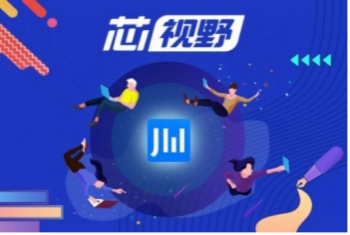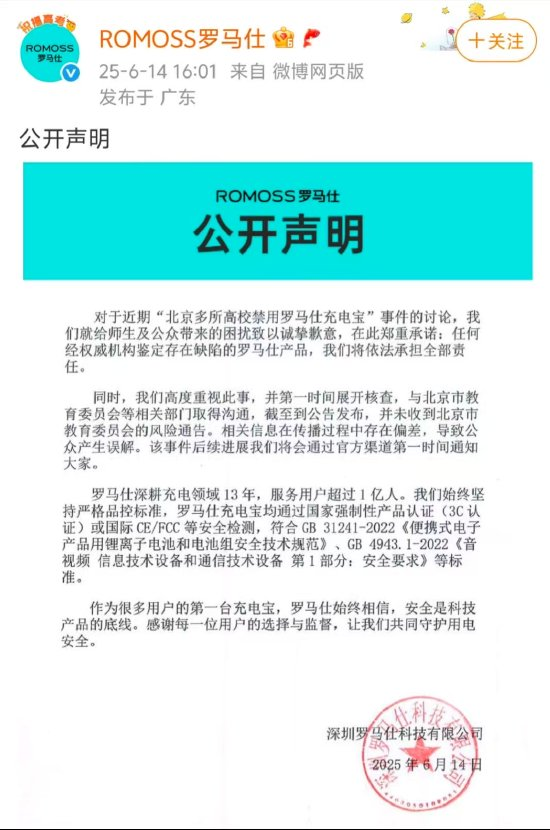
By Li Panpan
The Chinese semiconductor startups, which were the darlings for investors when the chip investment became the hot spot since 2019, are now facing cold shoulders. The market downfall from the Omicron pandemic lockdown and geopolitical changes weigh on the survival of the fittest and might bring healthier changes to the country’s IC industry, according to a recent JW Insights analyst article.

The chip shortage in the past few years led to the swarming of various capitals into the semiconductor business, creating a market bubble. Some new companies focus on getting capital instead of improving their R&D capabilities and making better products.
Some equity investors suffered in the bubble, investing in over-valued semiconductor companies. They lost their judgment discipline with a gambling attitude, betting on the IPO withdrawal from their portfolio.
There has been criticism of the bubble. But gamblers just gambled. From January to May this year, the newly registered companies with the word “integrated circuit” in their business scope numbered more than 45,000, a further increase from more than 36,000 in the same period in 2021.
However, the market downfall, especially caused by the sudden Omicron pandemic lockdown in the second quarter, accelerated the changes.
According to the data of Zero2IPO Research Center, the scale of fundraising in the Chinese equity investment market in the first quarter was roughly the same as that of the same period last year, but the disclosed fundraising amount of foreign currency funds was only about RMB 31.51 billion($4.73 billion), a year-on-year decrease of 62.6%. In April, chip stocks in the secondary market also frequently fell below the issue prices.
In the first quarter of this year, the number and amount of investment in the VC/PE market decreased by 27.5% and 47.1% year-on-year, respectively, with investors becoming extremely cautious. Some even suspended investing this year.
For many startups, it was a predicament as well. The more benefits they got from previous funding, the more severely they would get hurt by shrinking market demands in a tightening financial environment.
Yao Haiping, founder and CEO of Artosyn(酷芯微电子), said, companies that were over-valued face more difficulties in new financing and might go out of the game.
But stronger startups can maintain their valuation. They are shifting to reduce expenditure, suspending recruitment, and canceling orders to foundries.
It could be an opportunity for the whole industry. An investor to JW Insights that the logic of semiconductor development does not accept speculative capital, and the over-valued projects are being squeezed out, benefiting the industry.
Statistics show that chip design companies in the Chinese mainland numbered 2,810 by 2021, a year-on-year increase of 26.7%, but more than 80% are small companies with less than 100 employees.
The rapid increase in the number of companies essentially dilutes capital and human resources.
The industry will see more changes to come. Yao Haiping said that this process might be divided into two stages. First, those startups without core advantages will be eliminated; Then, high-quality companies will emerge, resulting in new market patterns. Yao is trying to steer Artosyn out of the challenges and win a new financing round.
Industry players like Hu Chenhui, co-founder and COO of Shunyao CAD, expressed their belief in recent with JW Insights that there are no shortcuts in the semiconductor business and success depends on competitiveness only.
The market downturn will also spur the consideration of M&A options by some companies instead of IPOs in the secondary market. Zhang Delin, the managing partner of Junxi Hi-Tech Industrial Fund, said that it would be a win-win situation if the original business could obtain more resources and develop better after a merger or an acquisition.
The JW Insights analyst article concludes that the adjustment made in China’s semiconductor industry will bring out survivors of the fittest, resulting in healthier development.
RELATED
-
Local governments in China come up with policies to support AI development in 2023
11-17 19:12 -
NBS: China’s specialized equipment manufacturing industry for semiconductor devices sees 33.9% surge in value added in October
11-17 17:41 -
Chinese leading Wi-Fi FEM provider Kxcomtech debuts on Shanghai Stock Exchange STAR Market with a 178.67% surge on the first day
11-17 14:13









